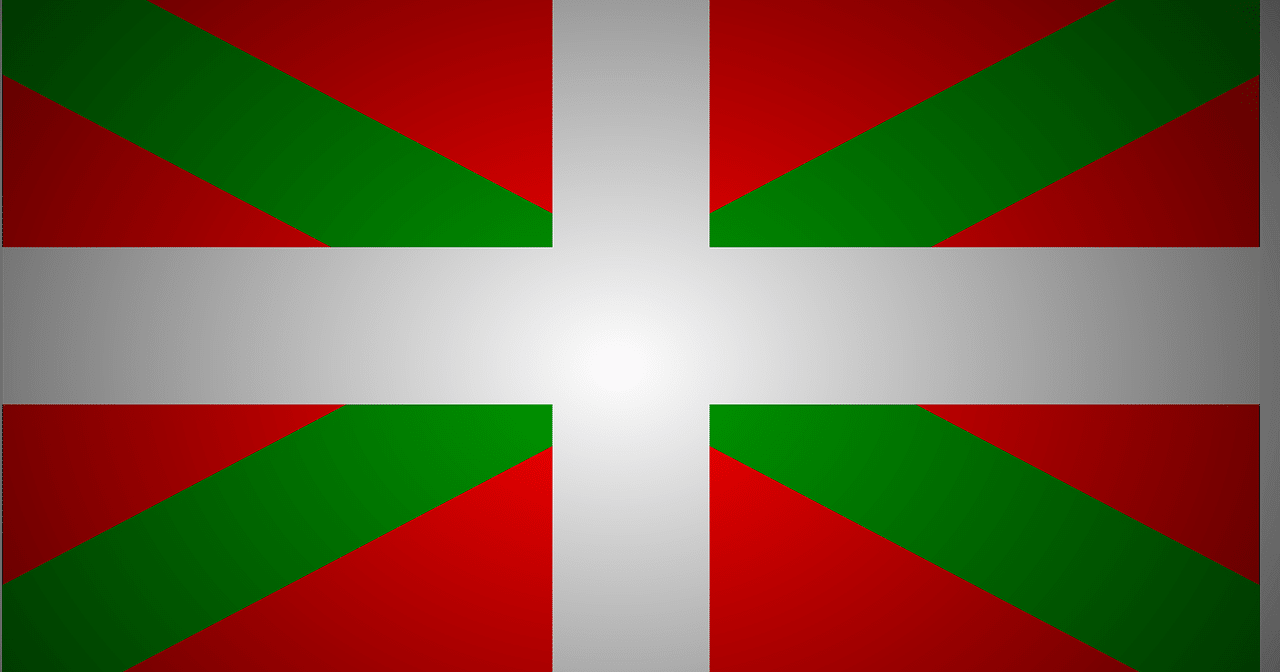
A quota can be a percentage or a fee.
Cupo is a term that comes from caber , a verb that refers to the ability to enter or be contained in something else . A quota, therefore, can be a fraction , a fragment or a component of a whole .
For example: “Haven't you signed up for the course yet? Hurry, there are only three places available” , “Sorry, we no longer have places” , “With this Uruguayan victory, America secures an additional place for the next world championship” .
The quota as a fee or percentage
The quota can be understood as a quota or a percentage of something within a broader context. Suppose that, at a radio station, the programming manager commits that 70% of the songs he broadcasts are of national origin. On said radio, therefore, there will be a quota of national topics to meet within the programming framework.
Known as a screen quota , on the other hand, are the official measures that force movie theaters to release a certain minimum number of national films or for them to remain in theaters for a certain period of time. In this way, it seeks to protect local industries from the most powerful countries , such as the United States.
Available vacancies or a proportion
The idea of a quota can also be associated with the vacancies available in some context or with the proportion that, in a tax or a fee , corresponds to citizens: “The educational entity promised to grant scholarships to fifty students and the quota was sold out in a few hours. " , "I think that the Government is not respecting the quota in the municipal tax" , "The quota of participants in the Gran Canaria swim crossing was sold out" .
Similarly, it can simply mean the overall portion or percentage of space (not necessarily physical) offered for a specific purpose: "It's really difficult to use up the gigabyte quota that Gmail offers to its users."

The contribution made by the Basque Country to the Spanish State is known as quota.
The Basque quota
Every year, the Basque Country makes a contribution to the Spanish State as "general expenses" that it assumes for the powers not transferred, which includes Defense and the Royal Family, and also the maintenance of common institutions (the Senate, ministries, Congress), infrastructure (such as airports, Spanish High Speed and ports) and foreign representation. This contribution is known as the quota .
To determine the value of the Basque quota, 6.24% of the State's spending on these issues must be calculated. Initially, the weight of the economy of the Basque Country in the Gross Domestic Product of Spain was taken into account, but every five years the basis on which it is applied is renegotiated, paying attention to the disbursement made by the central Government in the items for which it has exclusive jurisdiction.
The reason why the Basque Country must comply with the quota law is explained in its history. Since the end of the 19th century , it has had its own fiscal and economic regime, which is known as the Economic Agreement and is included in its Statute of Autonomy. Although Francisco Franco annulled the special regime of the provinces of Guipúzcoa and Vizcaya , which were accused of being "rebels", during the constitutional stage they recovered their collecting capacity ( Navarra and Álava , for their part, never lost it).
On the European continent there are no other territories that have a similar capacity for tax regulations, although there are certain tax exceptions within the European Union , generally in the areas furthest from the metropolises. A clear example of this situation is the Canary Islands . These are territories that have a series of privileges and advantages in the fiscal field as compensation for the inconveniences caused by their remote location.
